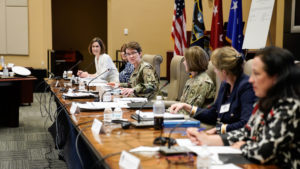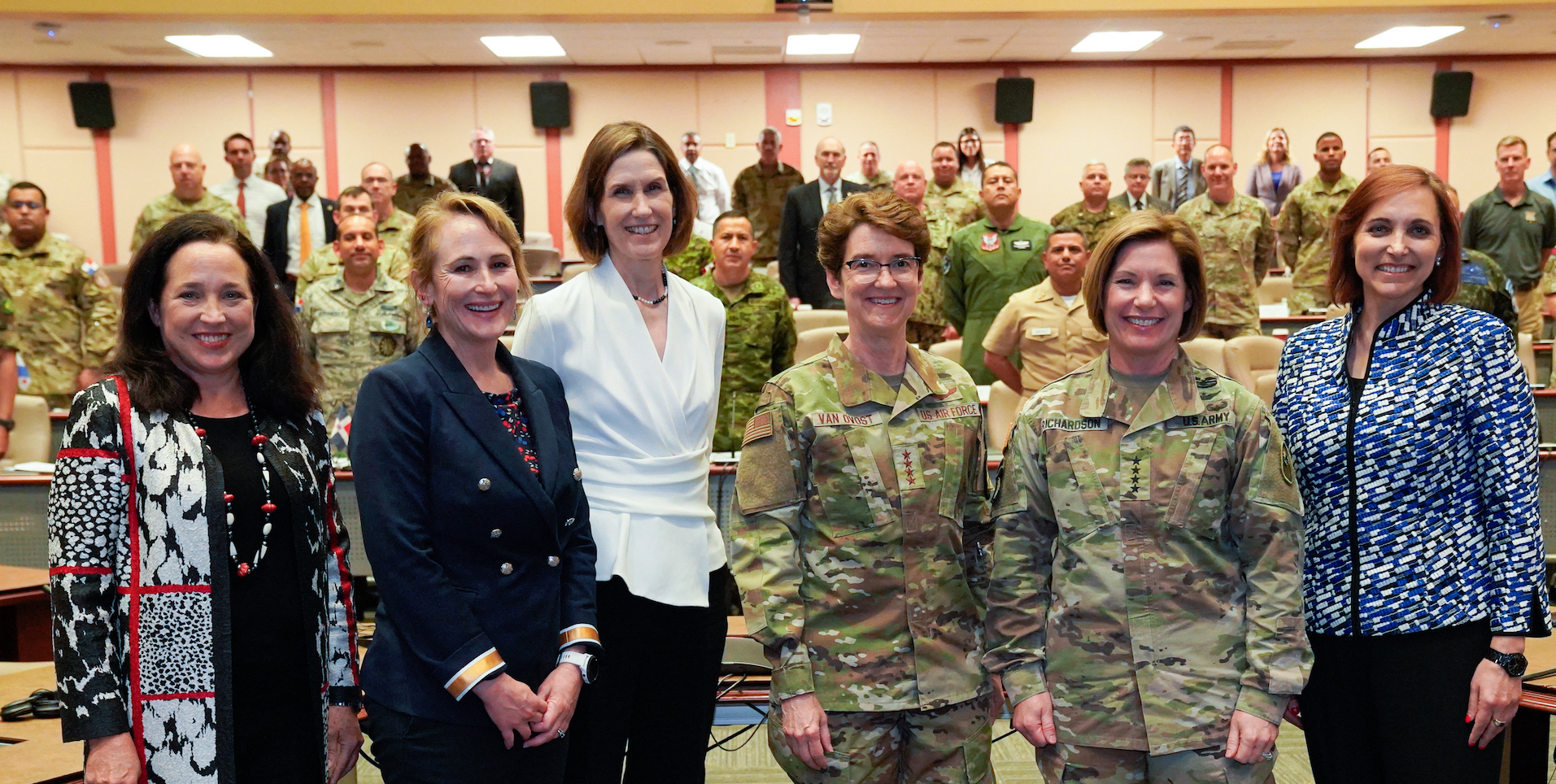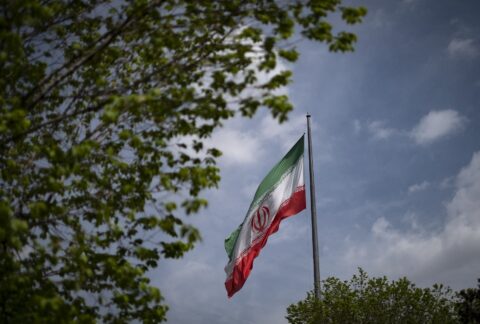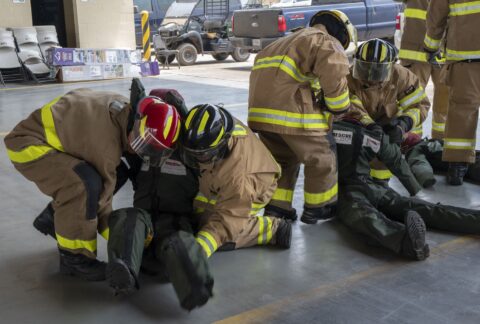For the first time, on June 15, at the headquarters of U.S. Southern Command (SOUTHCOM), two women U.S. 4-star generals came together to discuss the Women, Peace, and Security (WPS) initiative on a panel of U.S. Department of Defense senior leaders.
U.S. Army General Laura J. Richardson, SOUTHCOM commander; U.S. Air Force General Jacqueline D. Van Ovost, U.S. Transportation Command (TRANSCOM) commander; Dr. Celeste Ward Gventer, president of the Defense Security Cooperation University; Kristina M. O’Brien, principal deputy director for Logistics, Joint Staff; and Leigh E. Method, deputy assistant secretary of Defense for Logistics, came together to discuss gender integration in security and defense forces. The panel discussion was moderated by U.S. Ambassador Jean Manes, SOUTHCOM’s civilian deputy to the commander.
The panel was part of SOUTHCOM’s Senior Leader Logistics Symposium (SLLS), an annual forum that promotes logistics interoperability and cooperation among partner nations in the Western Hemisphere since 2017. The event brought together more than 50 in-person attendees and virtual participants from Argentina, Brazil, Canada, Chile, Colombia, Dominican Republic, Ecuador, El Salvador, Guatemala, Honduras, Jamaica, Panama, Peru, the United Kingdom, and the United States. U.S. Department of Defense, Joint Staff, SOUTHCOM components, and other interagency organizations also participated.

The panel
“It’s extremely important that we all work together… WPS goes after the United Nations security council resolution 1325 and we follow that very seriously,” Gen. Richardson said during her opening remarks. “We’re all about readiness in all of our services. How ready can we be? How good can we be? And winning matters, right? I say that we open up not just 50 percent of our talent pool, but 100 percent. This is how we make a better force with diversity and WPS.”
WPS is part of a global effort to support the contributions of women in the defense and security sectors worldwide. The program is a cornerstone to SOUTHCOM’s mission of promoting security partnerships across the Western Hemisphere.
“We consider WPS as a core value,” added Ambassador Manes. “When something is a core value, it means that permeates every part of your institution; so, we look at recruitment, retention, training, and advancement all across those lines of effort, and we look at the measures as well.”
Efforts to strengthen women’s role in defense and security institutions and their contribution to their countries’ national security were among the topics discussed.
“Why wouldn’t we want to include all talents?” Gen. Van Ovost said when asked how she sees the WPS contribution to improve security in the Western Hemisphere. “We need people who think differently coming to the table and voicing themselves at the table. So, looking at it from multiple directions to get after these wicked and hard problems, WPS, it’s about creating these collaborative teams.”
The panelists discussed the benefits of having integrated teams that in turn bring diverse ways to approach a situation or problem. All the panelists agreed on the importance of changing cultural norms to have women in leadership positions. They encouraged SLLS’ participants to integrate gender perspectives into all their efforts and activities.
“You are one of the most respected institutions in your countries […] because of what you bring to the table: human rights, rule of law, professionalization of your military or defense force, and then, WPS, baked in as well,” Gen. Richardson said. “That’s how you become stronger.”









